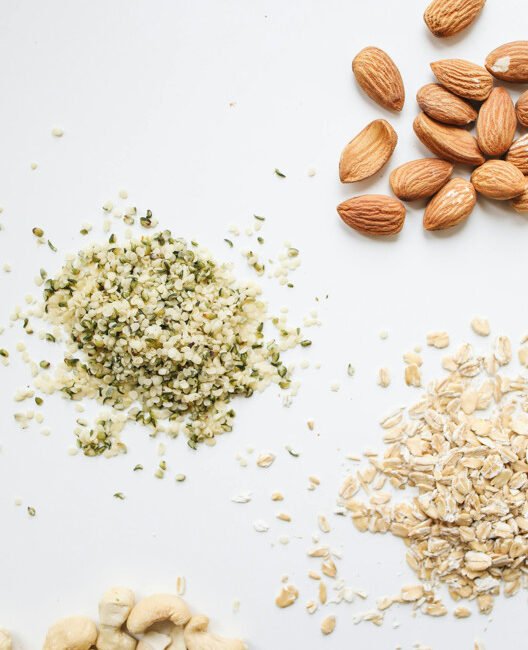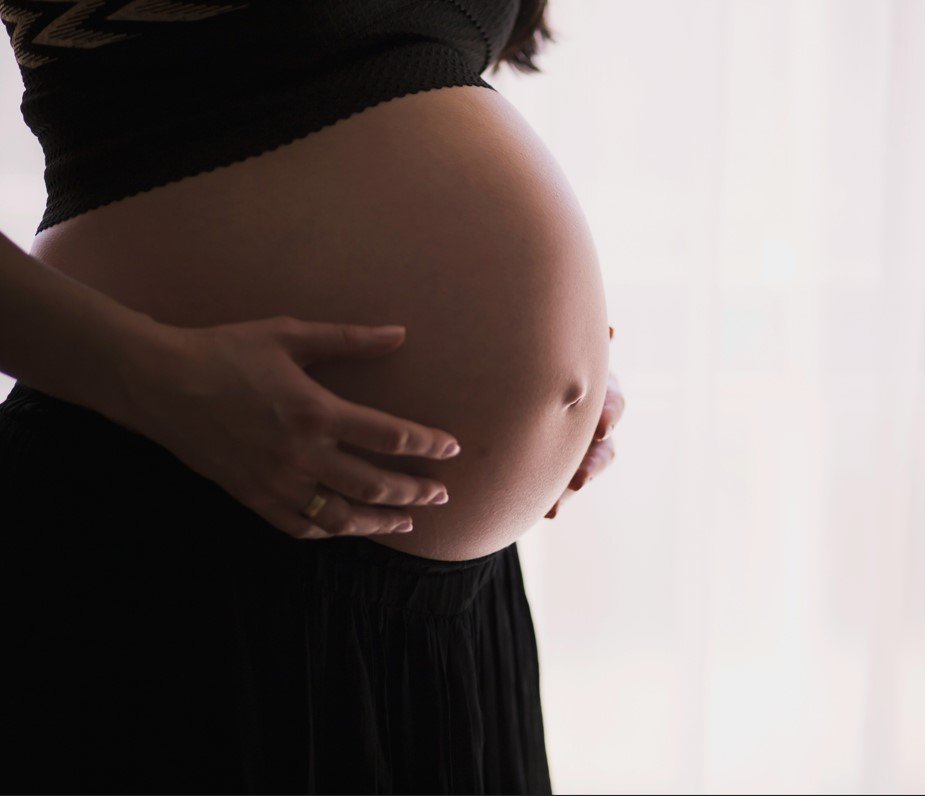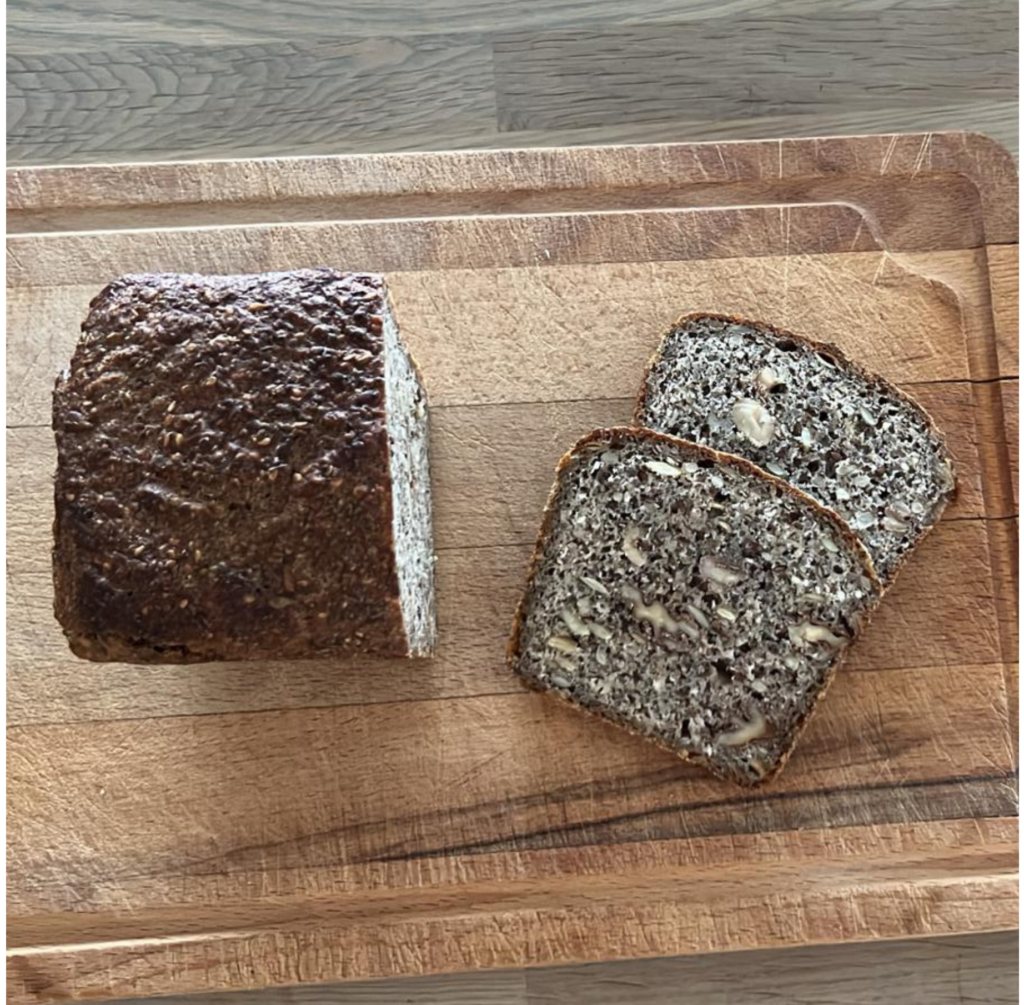I always knew that pregnancy would come with its fair share of challenges – the morning sickness, the cramps, the swelling. But what no one warned me about was the hair loss. Experiencing hair loss can be distressing, especially during and after pregnancy. This period of life brings significant hormonal changes in our bodies that can affect the hair’s health. Understanding the causes and implementing effective strategies can help minimize hair loss and promote hair regrowth. In this guide, we’ll explore the best practices for preventing hair loss during and after pregnancy.
Understanding Hair Loss During Pregnancy:
Causes of Hair Loss in Pregnant Women
Pregnancy can alter your hair. Hair loss is primarily due to hormonal changes. Elevated levels of estrogen typically slow down hair shedding, but not all women experience this benefit. For some, the stress of pregnancy and changes in nutrition can lead to hair thinning and loss.
Identifying Hair Loss Symptoms
Recognizing the early signs of hair loss is crucial. These can include excessive hair shedding, noticeable thinning, and a wider parting. Understanding these symptoms allows for timely intervention.

Nutrition for hair health
Good nutrition is the golden rule to a healthy lifestyle. In this case also important to maintaining healthy hair during and after pregnancy. Ensure your diet is rich in proteins, vitamins (especially biotin, vitamins A, C, and E), and minerals like iron and zinc. These nutrients are vital for hair strength and growth and can be found in foods like lean meats, leafy greens, nuts, and seeds.

Gentle Hair Care
Be gentle with your hair. Opt for mild, sulfate-free shampoos, avoid tight hair stylings, and minimise the use of heat. (I will religiously air dry my hair for as long as I can) Use hair mask, leave in conditioner and oil at the ends. The magic three products to give your hair the health it deserves. Also gentle brushing can also help manage hair texture changes during pregnancy.
Postpartum Hair Regrowth Strategies
After childbirth, continue focusing on nutrition. Additionally, consider gentle scalp massages to stimulate blood flow, and if needed, consult with a dermatologist about safe hair growth treatments like minoxidil, which can be used postpartum.
When to Seek Professional Advice
If you’re concerned about excessive hair loss, it’s always wise to consult a healthcare professional. They can determine if your hair loss is due to pregnancy or other underlying issues like thyroid problems or nutritional deficiencies.
FAQ
Is it normal to experience hair loss after pregnancy? Yes, it’s common due to hormonal changes. It typically resolves within a few months.
How long does postpartum hair loss last? Most women see their hair return to its pre-pregnancy thickness within 6 to 12 months after birth.
Can dietary changes really help with hair loss? Yes, a balanced diet rich in essential nutrients can significantly impact hair health and reduce hair loss.
Remember, hair loss during and after pregnancy is often temporary. With proper nutrition, gentle hair care, and, if necessary, professional guidance, you can effectively manage this phase and enjoy healthy hair regrowth. Embrace this special time in your life while taking care of yourself and your changing body. For more information on the topic go here.





